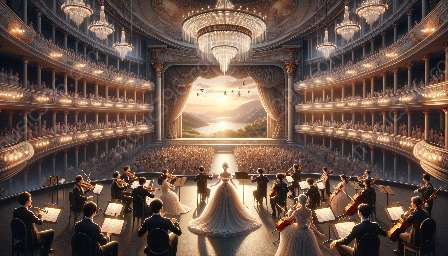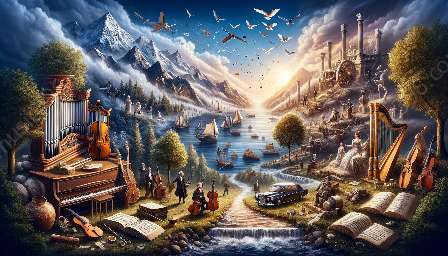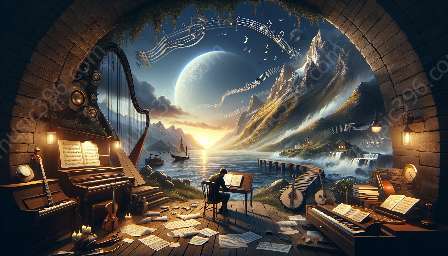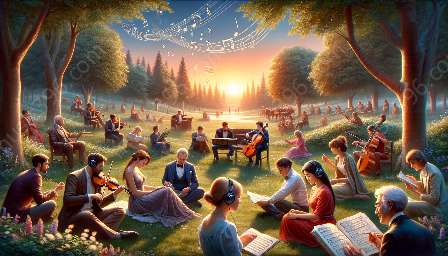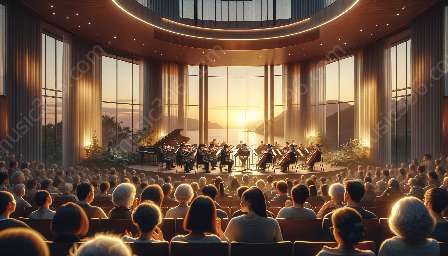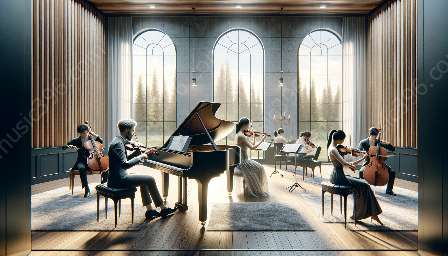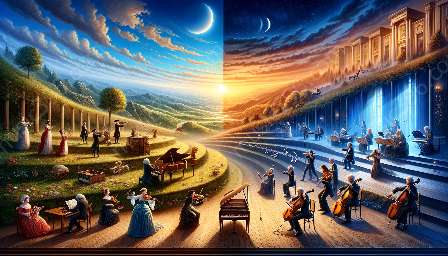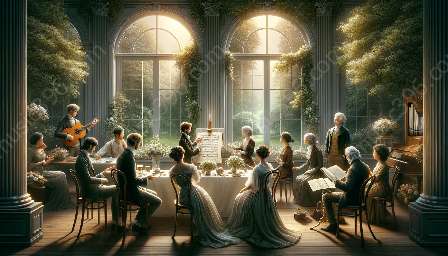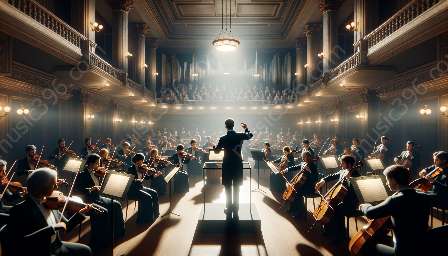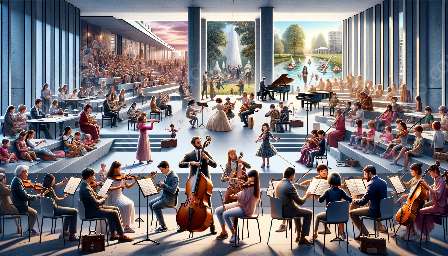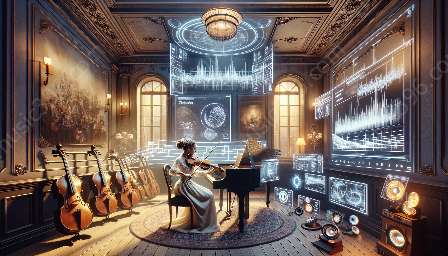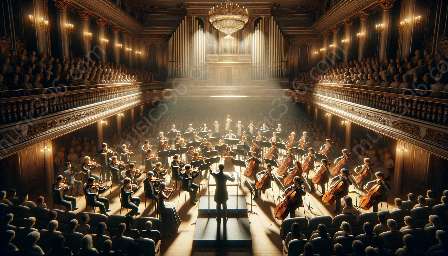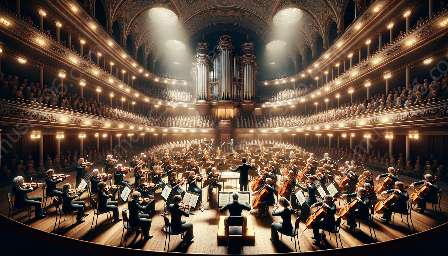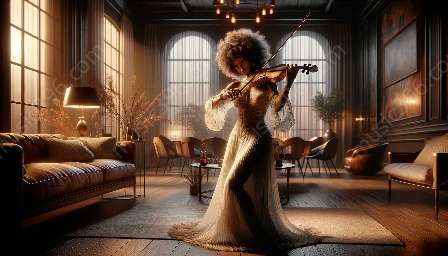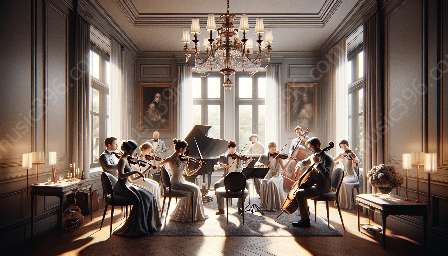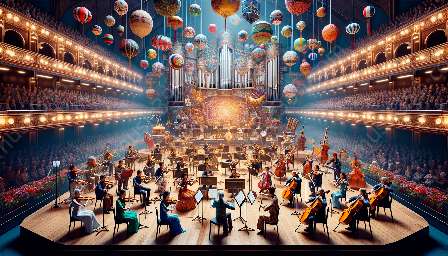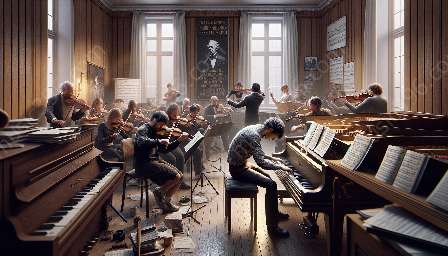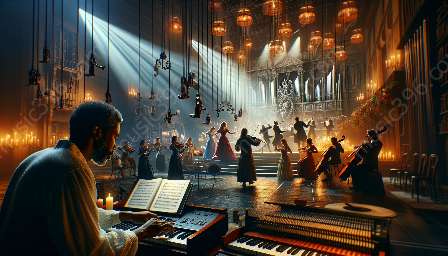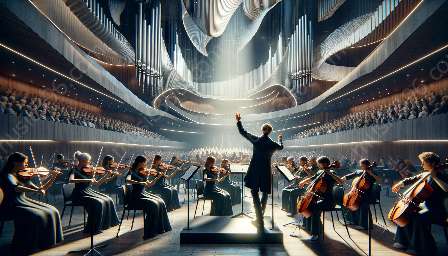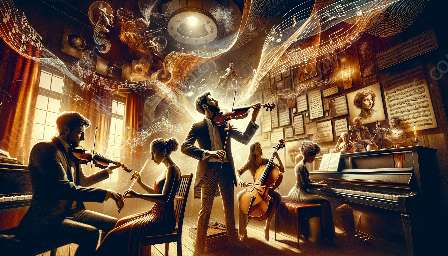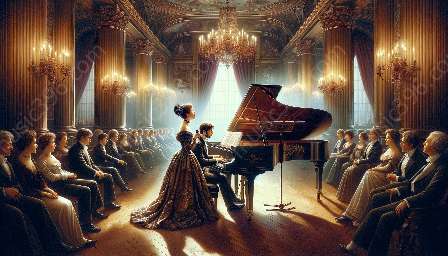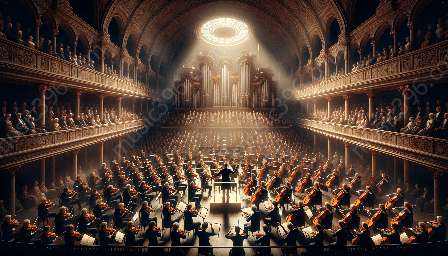Classical music is not isolated from the influence of political ideologies, which have played a significant role in shaping its evolution across different regions. This profound impact is an integral part of the global influences in classical music, as it reflects the cultural and historical context in which the music was composed and performed.
European Classical Music and Political Ideologies
In Europe, the relationship between classical music and political ideologies has been particularly prominent. During the Baroque period, the music of composers such as Johann Sebastian Bach and George Frideric Handel was influenced by the prevailing absolutist and monarchical political systems. The grandeur and opulence of their compositions often mirrored the power and wealth of the ruling elite.
The Classical period saw the emergence of revolutionary ideologies that had a profound impact on music. The French Revolution, with its emphasis on equality and liberty, led to a shift in musical styles, as composers sought to reflect the ideals of the revolution through their compositions. Ludwig van Beethoven, for instance, expressed a deep sense of heroism and individualism in his symphonies, reflecting the spirit of the age.
Furthermore, the rise of nationalism in the 19th century significantly impacted the music of composers across Europe. Composers such as Bedřich Smetana in Czechoslovakia and Edvard Grieg in Norway incorporated folk melodies and nationalistic themes in their compositions, serving as musical expressions of resistance against political oppression and calls for independence.
Political Ideologies in Soviet Bloc and Eastern Europe
The 20th century witnessed the dominance of political ideologies in the Soviet bloc and Eastern Europe, which had a profound impact on classical music. Socialist realism, the official aesthetic doctrine in the Soviet Union, dictated that art and music should serve the interests of the state and promote socialist values.
Composers such as Dmitri Shostakovich lived under the oppressive regime of Joseph Stalin, and their music reflected the struggles and resilience of the people in the face of authoritarianism. Shostakovich's symphonies and string quartets conveyed a sense of anguish and defiance, providing a poignant commentary on the political climate of the time.
American Classical Music and Political Movements
In the United States, political ideologies and movements have also left a mark on classical music. The Civil Rights movement, for example, influenced composers such as William Grant Still and Florence Price, who sought to capture the experiences and aspirations of African Americans through their compositions. Their music served as a vehicle for social change and racial equality in American society.
Similarly, the avant-garde movement in the mid-20th century reflected the countercultural and anti-establishment sentiments of the time. Composers such as John Cage and Morton Feldman challenged traditional notions of harmony and structure, exploring new sonic possibilities and pushing the boundaries of classical music in response to the socio-political landscape.
Global Influences and the Role of Political Ideologies Today
The effects of political ideologies on classical music continue to resonate in the contemporary era, with composers and musicians around the world grappling with social and political issues through their art. Whether it be responses to issues of migration, environmental activism, or cultural identity, classical music remains a powerful medium for expressing and confronting political ideologies.
By understanding the historical and cultural contexts in which classical music has been shaped by political ideologies, we gain a deeper appreciation for the music as a reflection of the human experience. The evolving interplay between politics and classical music across different regions underscores the enduring relevance and impact of global influences on the art form.

